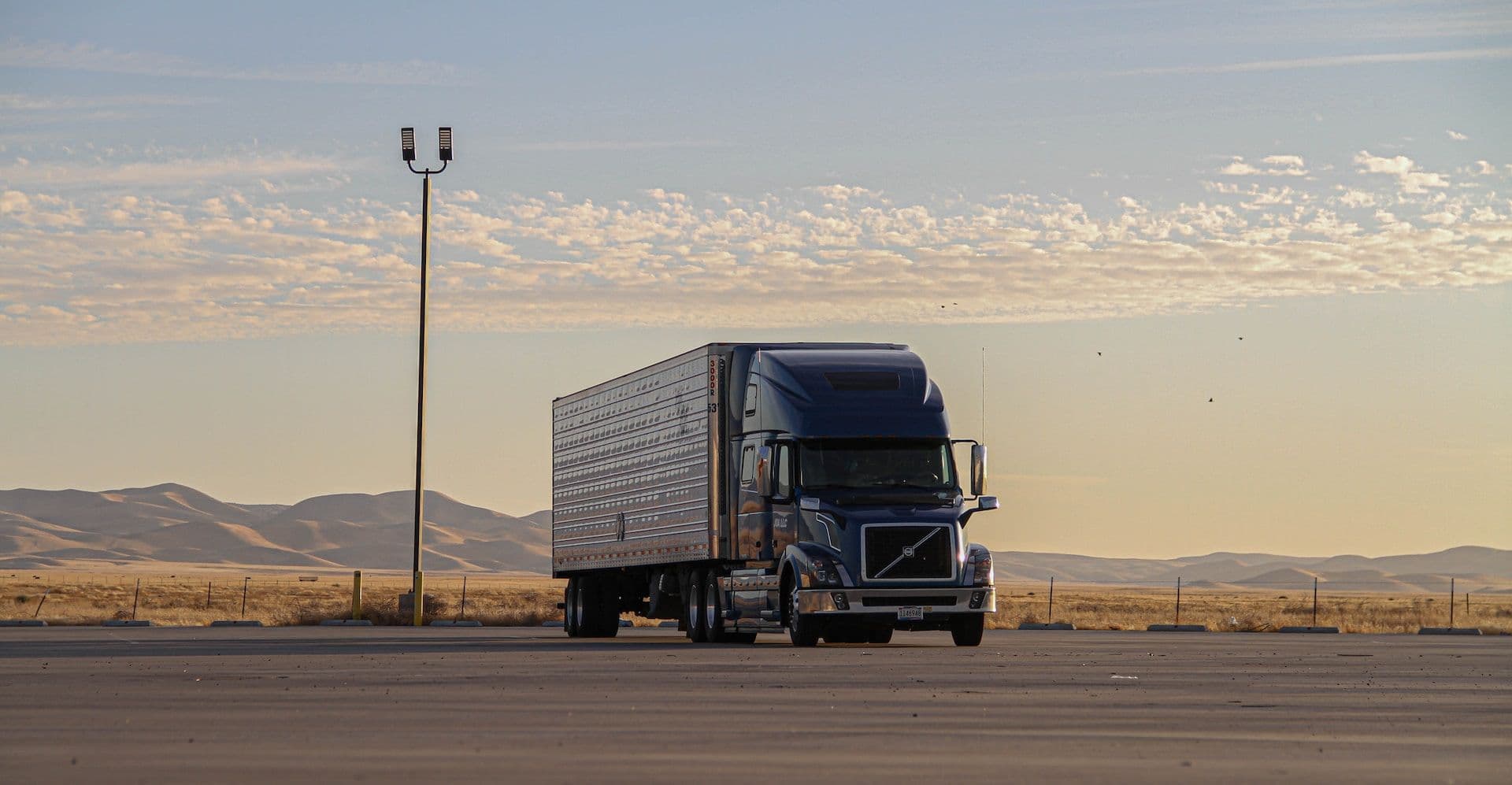Connecticut's $31 Million Truck Parking Expansion: Enhancing Safety and Efficiency
Connecticut is taking significant steps toward improving truck parking accessibility with an ambitious $31 million project spearheaded by the Connecticut Department of Transportation. This strategic move targets the enhancement of truck parking facilities state-wide—a pressing concern recently highlighted by the Federal Motor Carrier Safety Administration as a "national safety concern."
Project Overview: Expanding Parking Across Five Key Locations
The project's first phase, already underway, focuses on expanding the Middletown rest area on Interstate 91 northbound. With an added 11 parking spaces, this phase addresses the urgent need for more parking, incorporating upgraded drainage and stormwater management systems at a cost exceeding $3 million. By September, this phase is expected to be complete.
The expansion isn't limited to just Middletown. Plans are in place to introduce more than 180 new parking spaces to strategic locations, including Madison, Southington, Southbury, and Vernon by the decade's end. This initiative stems from the findings of a recent truck parking survey by the department, assessing current inventory alongside projected demand.
Addressing Crucial Issues: Safety and Economic Impact
The American Trucking Associations report a stark reality: 98% of truck drivers face tough decisions between parking in unsafe locations or breaching federal hours-of-service regulations. This alarming issue continuously ranks high among drivers' challenges.
Moreover, the lack of adequate parking leads to financial strain on drivers, who spend an average of 56 minutes daily searching for parking. This search time results in a yearly loss of approximately $5,600 per driver due to unproductive hours.
Employment and Environmental Benefits
John Blair, President of the Motor Transport Association of CT, underscores the broader implications: "The scarcity of truck parking spaces across the country decreases safety for all highway users, exacerbates the industry's longstanding workforce challenges, diminishes trucking productivity, and results in unnecessary greenhouse gas emissions."
Given that trucks are set to transport an additional 2.4 billion tons of freight over the next decade due to ever-increasing e-commerce demands, this expansion is not just necessary but imperative to support Connecticut’s freight transportation system, which fuels more than 451,000 jobs and contributes $50.5 billion annually in gross regional product.
This massive parking upgrade underscores Connecticut's commitment to enhancing the safety and productivity of the trucking industry—a critical backbone of the state's economy.
For more resources and insights about Electronic Logging Devices (ELD), visit our [Help Center](Help Center) or Shop for the latest ELD and dashcam services.


